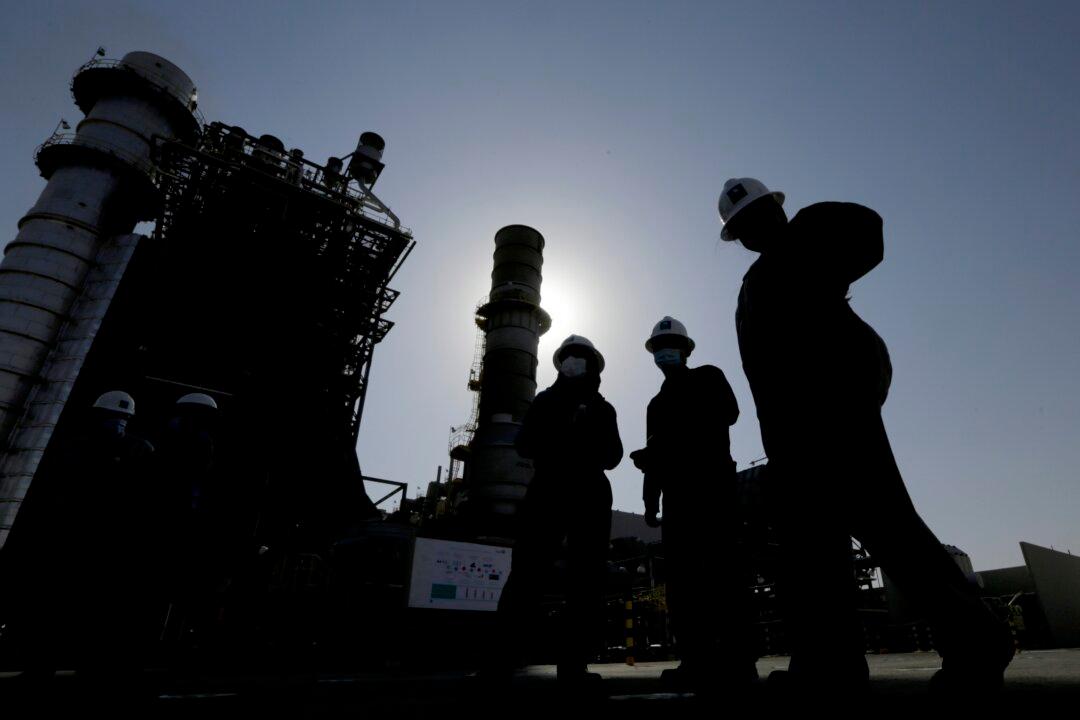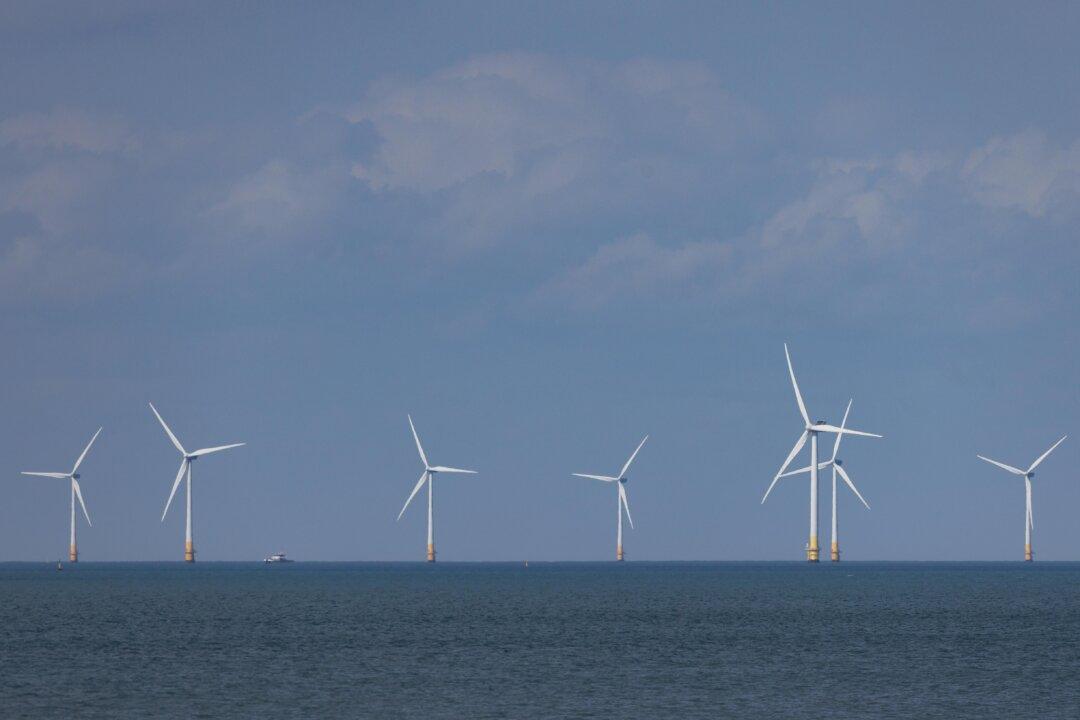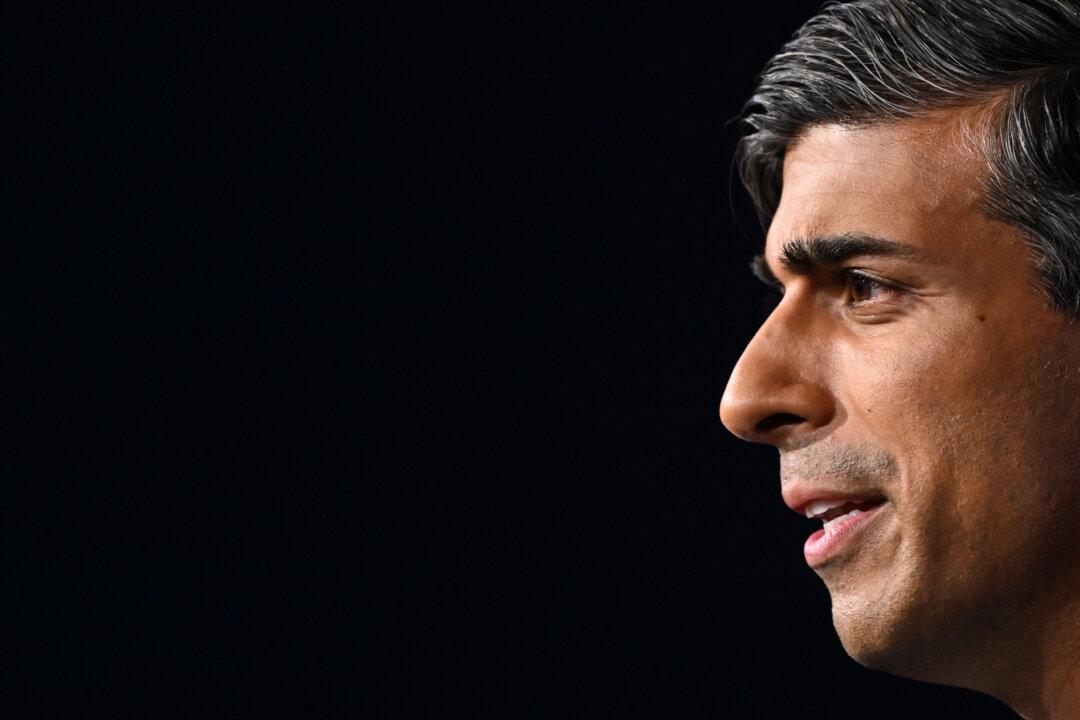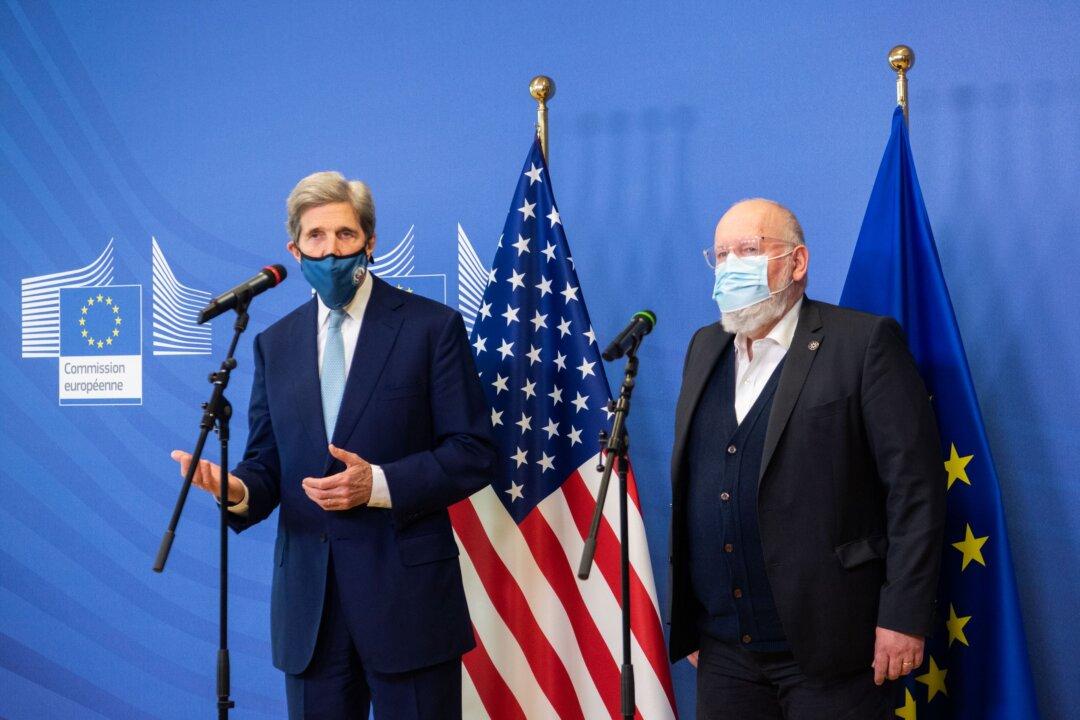Commentary
By any standard, the London meeting of finance ministers of the Group of Seven leading Western economies a week before the G7 leaders’ summit was historic. By committing to transformative structural change to meet net-zero greenhouse gas targets and other environmental objectives, G7 finance ministers turned themselves into adjuncts of their environment ministries. Considerations of climate change and biodiversity loss are to be embedded into economic decision-making, they pledged. Some form of carbon tax is heading America’s way, after Treasury secretary Janet Yellen signed a communiqué that commits to “the optimal use of the range of policy levers to price carbon.”





